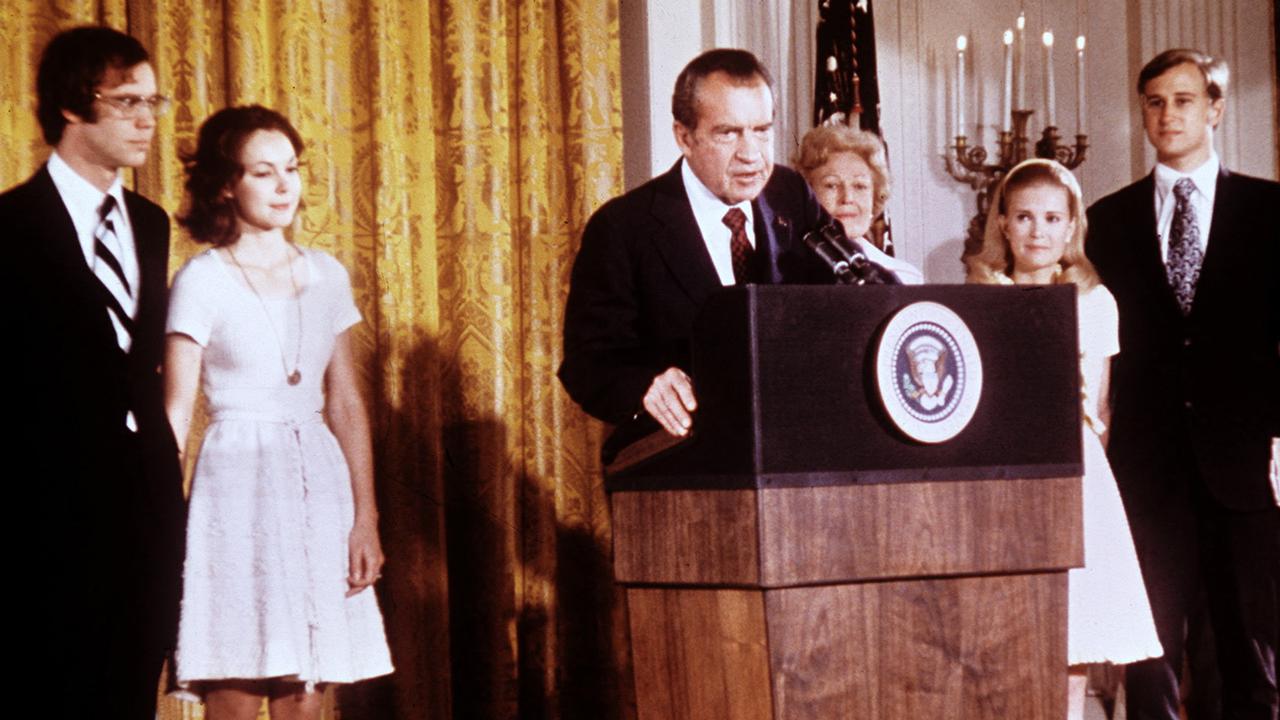Campbell: PwC scandal really added up, so why did it take so long to catch on?
The biggest corporate and political scandals all have one thing in common: they’re really easy to understand. The PwC scandal isn’t hard to grasp either, writes James Campbell.

Living as we do, far away from global centres of influence, Australia’s media have always loved celebrating occasions when we really punch above our weight.
Whether it’s our over-achievement at the Olympics or the placement of our cities in the various liveability indexes produced by business magazines, Aussies have always enjoyed any evidence we exercise outsize influence in the world.
Which is why it is so strange it has taken us too long to acknowledge a genuine World’s Biggest unfolding in our midst, namely the train wreck at PwC, the auditing/consulting behemoth.
Remember Arthur Anderson, the global accountancy giant which so many of the dullest people of my generation fought to get jobs with back in the late 1980s?
About 20 years ago it vanished from the face of earth after its name became dirt in the wake of the Enron scandal.
Five months into this scandal, it’s not too early to start asking is PwC about to go the same way?

Globally, despite taking a massive reputational hit, it still looks like PwC has a future.
But here?
I reckon if you’ve got a PwC Australia coffee cup, hang on to it because they’re not going to be making them for much longer.

If you look at the biggest corporate and political scandals, those that really eventually catch the public’s imagination, they all have one thing in common: despite twists and turns, they’re really easy to understand.
Get arrested breaking into your opponent’s party headquarters to instil bugging devices, as Richard Nixon’s men did?
Not a lot to get your head around there.
Fit your cars with software to allow cheating on emissions tests like Volskwagen did? Ditto.
The PwC scandal isn’t hard to grasp either.

In a nutshell, between 2013 and 2018 the Australian Government paid Peter Collins, PwC’s head of international tax, to advise it on how to design laws to get foreign IT giants to pay tax in Australia, and that PwC used confidential information gained in the course of this work to design and market tax minimisation schemes to these very same companies to help them avoid paying this tax.
The Treasury boffins who hired him probably thought they were being clever by hiring Collins as a sort of tax poacher-turned-gamekeeper but it backfired because, in his case, it turned out to be that once-a-poacher, always-a-poacher.
The scandal first came to light in January when the Financial Review revealed that for his dishonesty in sharing confidential government briefings with PwC partners and clients, the Tax Practitioners Board had deregistered him for two years.
What, you might ask, was the initial reaction of the Albanese Government to this revelation?
To say they did nothing would be unfair.

Within days, Jim Chalmers moved to introduce legislation to implement the recommendations of a 2019 review into the TPB which the previous government had commissioned and released but which, for some reason, never got around to following up on.
In other words, to essentially treat it as a regulatory issue.
And there the matter might have rested if earlier this month Labor Senator Deb O’Neill hadn’t forced the TPB to hand over to a senate committee a raft of emails in its possession which showed that at least 53 people inside PwC were in on the giggle.
Bizarrely, this might not have been enough, on its own, to cause the issue to catch fire.
What caused it to really take off was that emails “showed the information provided by Collins stretched beyond Australia and included employees in the UK, Ireland and the US”, as London’s Financial Times put it.

A review of the emails prompted Treasury to refer Collins to the Federal Police, something it hadn’t done earlier because, again bizarrely, until the TPB handed them over to the Senate, it hadn’t seen them.
By then Tom Seymour, the boss of PwC Australia, was gone and PwC bosses from overseas had decided to “seize long-term oversight of its Australian business”.
Even more bizarrely, until the week Seymour tapped the mat, Labor was apparently still happy for PwC to sponsor its budget night fundraiser at Canberra’s Hotel Realm, the favourite waterhole for corporate ticket clippers keen to hit the town.
Finally, last week the Department of Finance did what ought to have been done months ago and moved to effectively ban PwC from winning new government work by mandating previous confidentiality breaches be considered in awarding any new contracts.
If state governments follow suit, it won’t be long before corporate Australia joins them, if for no other reason than a few of them must be wondering if their confidential information has been treated the same way as that of the Australian taxpayer.
In which case, though its constituent parts will no doubt survive in different forms, it will soon be curtains for PwC Australia as we know it.
Which is why the title of trolls-of-the-year is likely to go to Adam Powick and Tom Imbesi, the bosses of Deloitte who this week emailed their staff to say their rival’s predicament gave them “no joy”.
If history is any guide, PwC’s successor entity will be needing a new name.
To help them get of the curve and save some money, can I invite readers to email their suggestions to: james.campbell@news.com.au





